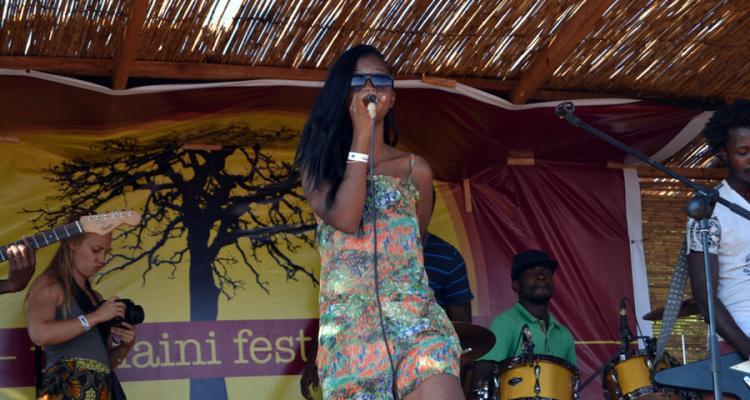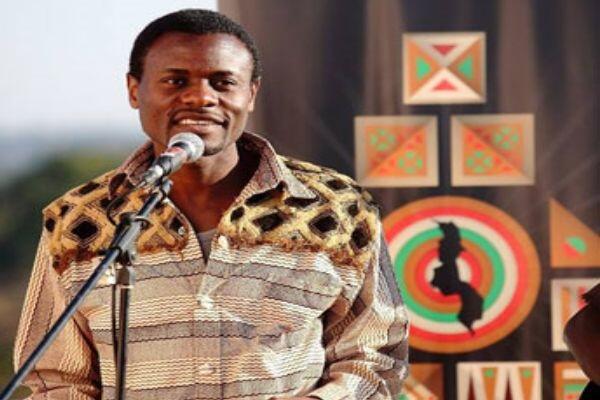
The organisers of Tumaini annual festival have revealed that the event this year will take place on 4th November at Dzaleka Refugee Camp in Dowa district.
Tumaini Festival is an annual music and cultural festival that takes place at Dzaleka Refugee Camp in Malawi, Southern Africa.

In an interview with Malawi24, one of the organisers of the event Menes La Plume said the much awaited annual festival is back.
“This year the festival will be held on 4th November, and will feature various activities including music performances, poetry, theatre, traditional dances and art exhibitions,” La Plume told Malawi24.
He further said that the festival of 2017 will be amplified since there will be five performance spaces.
“Amplifying from previous editions, the festival will have more international and local acts that will perform on the five performance spaces; the main stage, the youth stage, poetry corner, theatre corner and cultural ground,” La Plume said.
According to La Plume who is Congolese, Tumaini Festival presents a unique opportunity to support an innovative cultural event developed and delivered by refugees and Malawians to promote intercultural harmony through entertainment and artistic expression.
“The festival is an event that seeks to bring joy, hope and allow refugees to reduce trauma and forget about the persecutions that lead people into fleeing their countries to become refugees thus the name ‘Tumaini’, a Swahili word meaning hope,” La Plume told Malawi24 in an interview.
He added that the festival is slated to promote Dzaleka itself as a place of unity, peace, co-existence and harmony among refugees and Malawian populations, to empower refugees through arts and to encourage entrepreneurship and reduce poverty at Dzaleka refugee camp among others.
Last year, the festival featured 46 acts which included Chimzy Kelly from Zambia, Faith Mussa, Waliko Makhala, Agoroso, Malala and Robert Chiwamba.
The festival also united 10 nationalities of performers from DRC, Rwanda, Burundi, Malawi, Zambia, Mozambique, Belgium, UK, Italy and South Korea.














